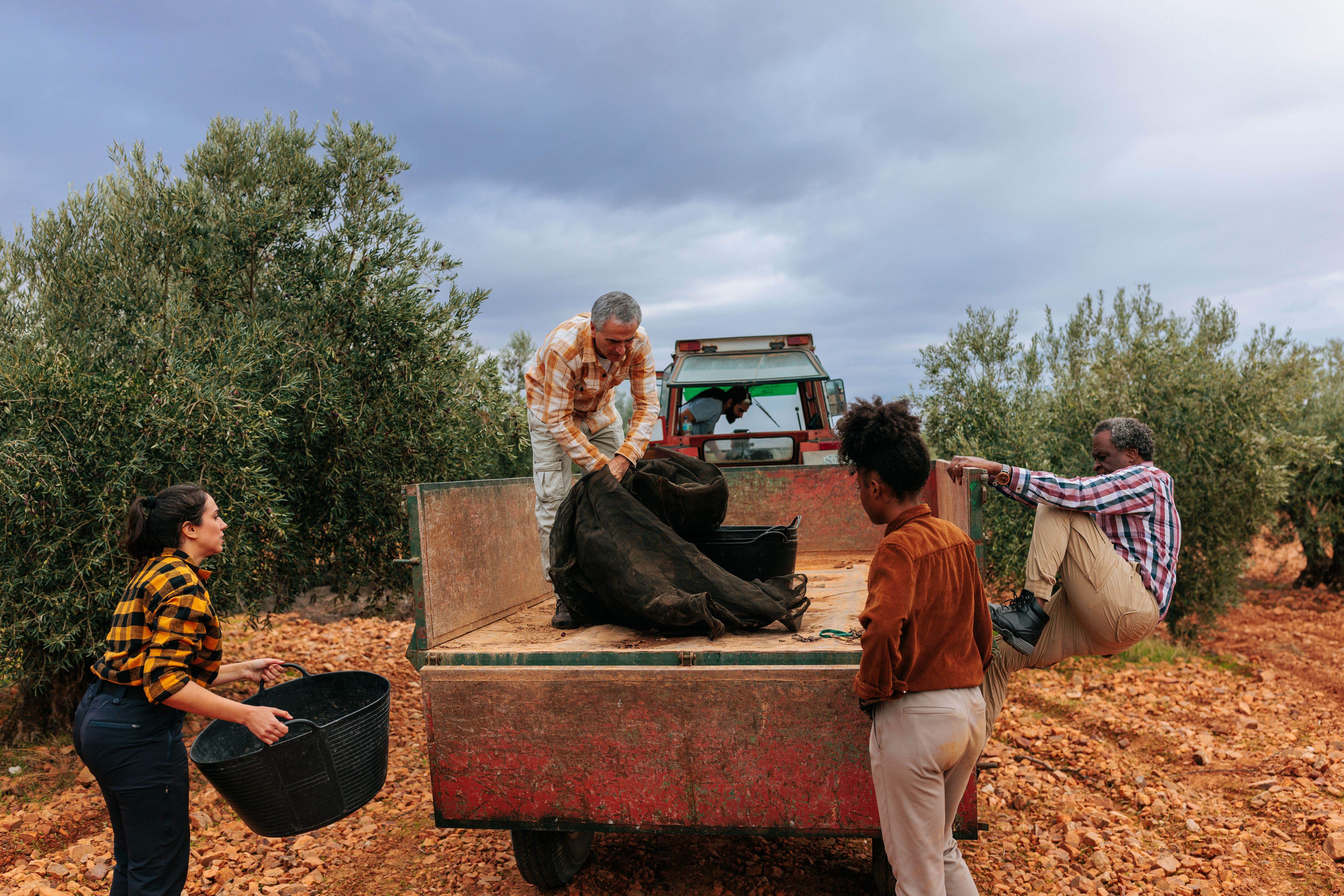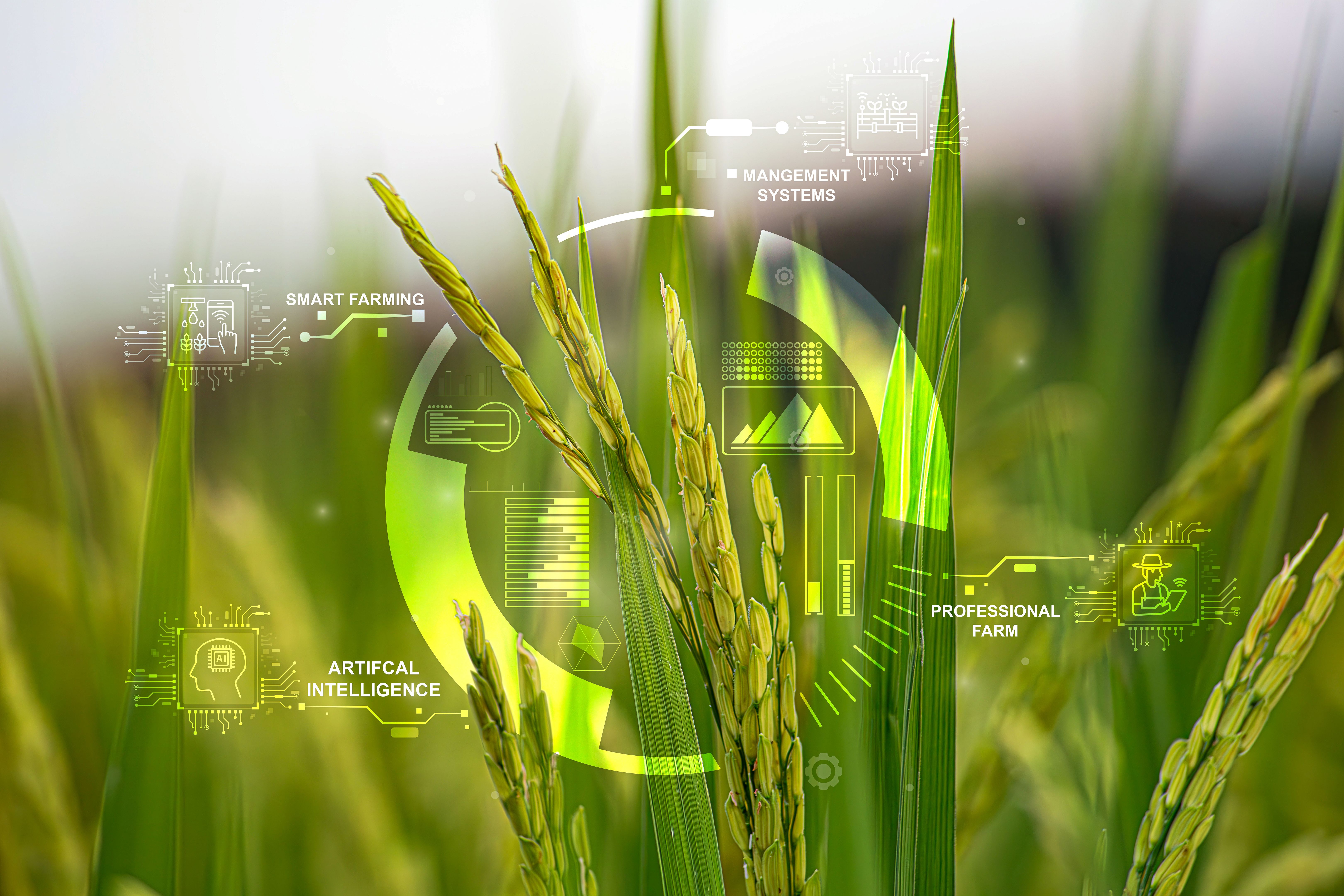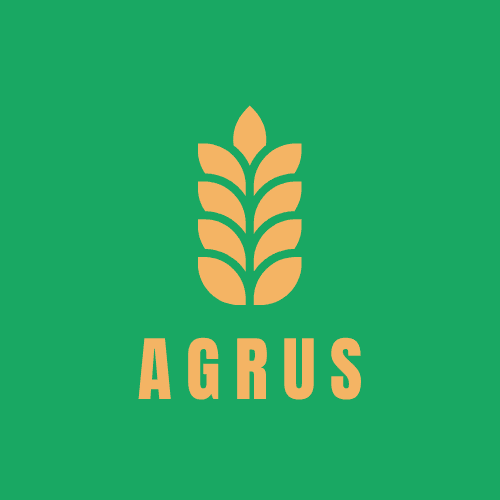Affordable Transport and Handling Solutions for Nigerian Agriculture
Introduction to Transport and Handling in Nigerian Agriculture
Nigeria's agriculture sector is a cornerstone of its economy, providing sustenance and employment to millions. However, one of the persistent challenges facing this vital industry is the efficient and affordable transport and handling of agricultural products. With a vast landscape and numerous smallholder farms, finding cost-effective solutions is crucial for enhancing productivity and profitability.
Transport and handling not only affect the cost of goods but also impact the quality and shelf-life of produce. Therefore, investing in effective strategies can significantly boost the agricultural supply chain. In this blog post, we will explore some affordable solutions that can make a difference for Nigerian farmers.

Improving Road Infrastructure
One of the primary hurdles for Nigerian agriculture is poor road infrastructure. Many rural areas lack accessible roads, making it difficult to transport goods to markets. Improving these roads is essential as it reduces travel time and wear on vehicles, which in turn lowers transportation costs.
Government initiatives and partnerships with private sectors can lead to the development of better road networks. This will ensure that farmers can easily access markets, reducing post-harvest losses and increasing their income.
Benefits of Improved Roads
- Reduced travel time and costs
- Increased access to markets
- Enhanced quality of produce due to less handling
Leveraging Technology for Efficient Logistics
Technology can play a pivotal role in transforming agricultural logistics. Mobile apps and platforms that connect farmers with transport services can streamline the process, offering cost-effective options. These digital solutions provide real-time tracking and help in optimizing routes, ensuring timely delivery.
Moreover, technology can assist in better inventory management and demand forecasting, allowing farmers to plan their harvests more effectively. This integration helps in reducing waste and ensuring that the supply matches market demands.

Technology Solutions for Transport
- Mobile applications for connecting farmers with transport providers
- GPS tracking for real-time updates
- Data analytics for demand forecasting
Utilizing Cooperative Models
Agricultural cooperatives can offer farmers collective bargaining power, reducing individual transport costs. By pooling resources, farmers can hire transportation services at lower rates and benefit from economies of scale. This model also facilitates shared storage facilities, reducing handling costs.
Cooperatives can also invest in shared equipment like trucks or cold storage units, which are otherwise too expensive for individual smallholder farmers. This shared approach not only lowers costs but also fosters community development and collaboration among farmers.

Conclusion: A Path Forward
The journey towards affordable transport and handling solutions in Nigerian agriculture requires a multi-faceted approach. By improving infrastructure, leveraging technology, and promoting cooperative models, the sector can overcome current challenges. These strategies will not only reduce costs but also improve the quality of agricultural products reaching the market.
Ultimately, investing in these solutions will empower Nigerian farmers, enhance food security, and contribute significantly to the nation's economic growth. As stakeholders collaborate on these initiatives, the future of Nigerian agriculture looks promising.
